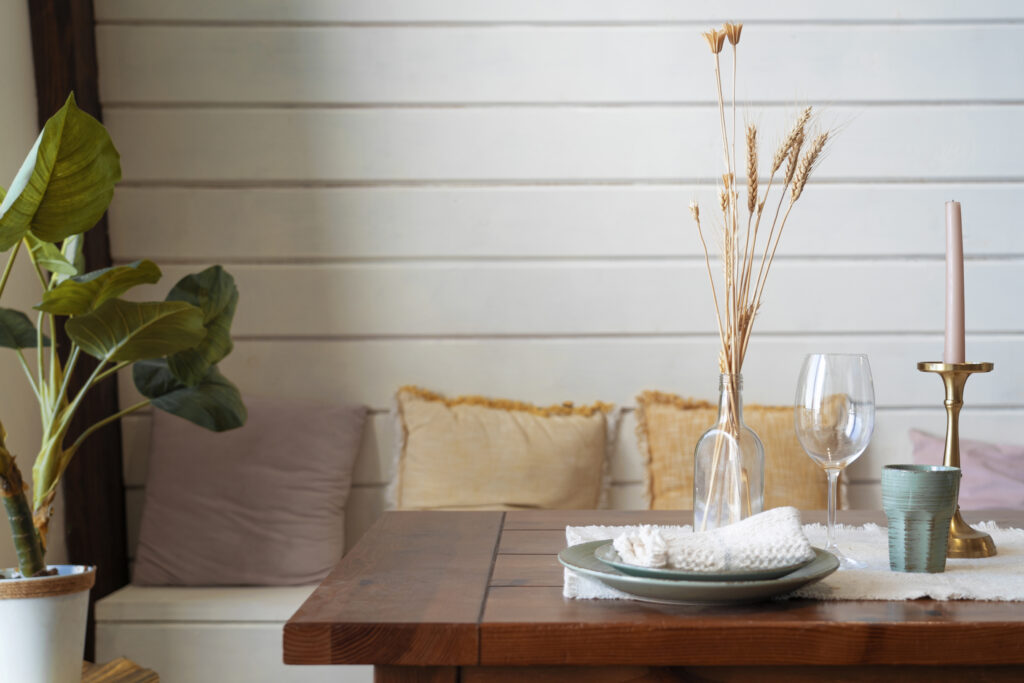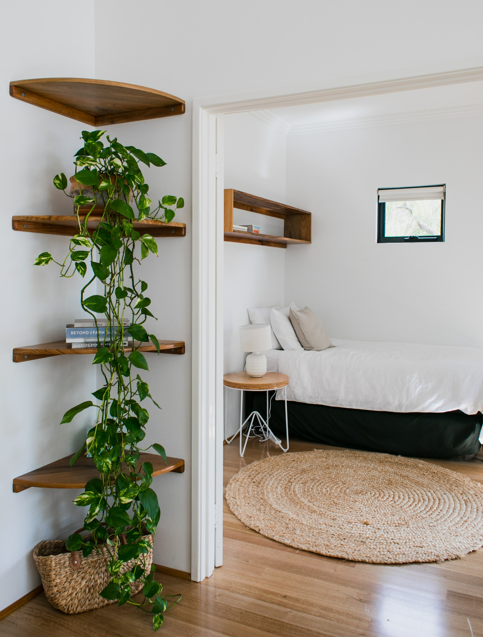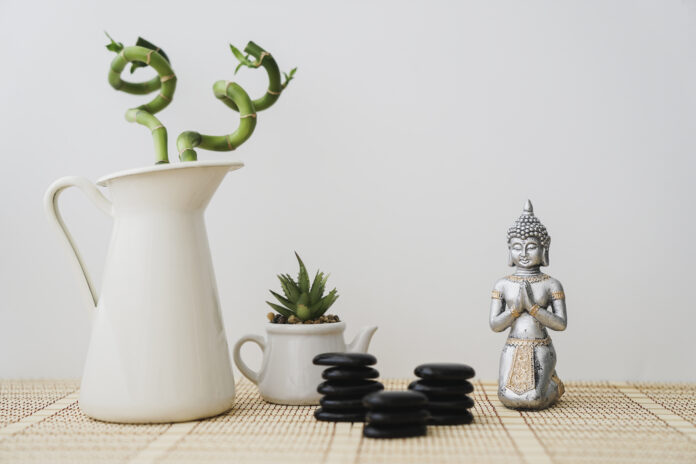Table of Contents
Feng Shui is an ancient Chinese practice that has been around for over 3,000 years. It focuses on the art of balancing energy to achieve harmony and balance in life. It is also known as the Wind and Water principles, is the practice of arranging one’s living spaces to achieve the most positive and harmonious energy flow possible. The principles of Feng Shui are based on the idea that everything in the universe is made up of energy, and by arranging our surroundings in a specific way, we can harness this energy and channel it for our benefit.

Feng Shui History
Having its roots in ancient Chinese philosophy and is closely tied to Taoism. The practice was first mentioned in written records during the Han dynasty, but it was during the Tang dynasty that it gained popularity. Feng Shui was also used in the construction of the Forbidden City in Beijing, and it was believed to have played a significant role in the success of the Ming dynasty.
Over time, it spread to other parts of the world and became increasingly popular in the West in the 20th century. Today, it is a well-known and respected practice that is used by millions of people around the world to create harmonious living spaces and improve their lives.
Feng Shui Bedroom
The bedroom is one of the most important areas of the home, and it is where we spend a significant portion of our time. The position of the bed in the bedroom can have a significant impact on our health and well-being. The bed should be positioned in a way that allows the occupant to see the door but not directly in line with it. The bed should also not be placed directly under a window or facing a mirror.
In addition, the colors and decor of the bedroom can also affect the energy flow. Feng Shui recommends using soft, soothing colors such as blue or green, and avoiding bright or bold colors. The bedroom should be a place of rest and relaxation, so it is important to keep it clutter-free and free from distractions such as electronic devices.
Feng Shui Home
Feng Shui can be applied to the entire home to create a harmonious and positive energy flow. The front entrance is an important area to consider, as it is the first thing that people see when they enter the home. The entrance should be well-lit, clutter-free, and have a clear path to the door. The living room should be arranged to promote conversation, and the dining room should be welcoming and conducive to sharing meals with family and friends.
Feng Shui also emphasizes the importance of decluttering and keeping the home clean and organized. Clutter can block the flow of energy and create a negative environment, so it is important to keep the home free from unnecessary items and keep everything in its proper place.
Feng Shui Items
There are various Feng Shui items that can be used to enhance the energy flow in the home. One of the most popular items is the Bagua mirror, which is believed to reflect negative energy away from the home. Crystals, wind chimes, and plants are also commonly used to promote positive energy.
The placement of these items is also important. For example, a money plant should be placed in the wealth area of the home, which is located in the southeast corner. The practitioners also recommend using natural materials such as wood, stone, and clay in the home decor. These materials are believed to have a grounding effect and can help to connect us with nature.
Feng Shui Money
Feng Shui can also be used to attract wealth and prosperity. The wealth area of the home is located in the southeast corner, and it should be clutter-free and well-lit. Placing a water feature or a money plant in this area is believed to attract wealth and prosperity.
It’s also important to keep the kitchen clean and organized, as it is considered to be a symbol of wealth in Feng Shui. A well-maintained kitchen is believed to attract positive energy and abundance.
In addition, it’s important to keep the front entrance of the home free from obstacles and clutter, as this is where positive energy enters the home. By creating a welcoming and open space, you can encourage the flow of positive energy and abundance into your life.
10 Feng Shui Tips
Here are ten Feng Shui tips to promote positive energy flow in your home:
- Keep the entrance clutter-free and well-lit.
- Remove any broken or unused items from the home.
- Position the bed in a way that allows for a clear view of the door.
- Use colors that promote positive energy, such as green and blue.
- Incorporate natural materials, such as wood and stone, in your decor.
- Keep the kitchen clean and organized.
- Add plants to the home to purify the air.
- Avoid placing the bed under a window or facing a mirror.
- Use mirrors to reflect natural light and create a sense of space.
- Create a sense of balance by using pairs of objects, such as candles or decorative items.
By incorporating these tips into your home and lifestyle, you can create a harmonious and positive living space that promotes balance and well-being.

Conclusion
Feng Shui is an ancient practice that has been used for thousands of years to create harmonious living spaces and promote well-being. By using it’s principles to arrange your home and living spaces, you can harness the positive energy of the universe and create a more balanced and harmonious life.
Remember that it is a personal practice, and what works for one person may not work for another. Trust your own intuition and feelings when it comes to your living space, and experiment with different Feng Shui tips and techniques to find what works best for you.
As we continue to navigate the challenges of modern life, the principles of Feng Shui can provide us with a valuable tool for creating balance and harmony in our homes and lives. By embracing these principles, we can create a more positive and fulfilling life for ourselves and those around us.
Credits and links:
To read more such articles on Hindu mythology, click here: https://shreevedic.com/
Photo Credit: Image by Freepik
: Image by Freepik






















